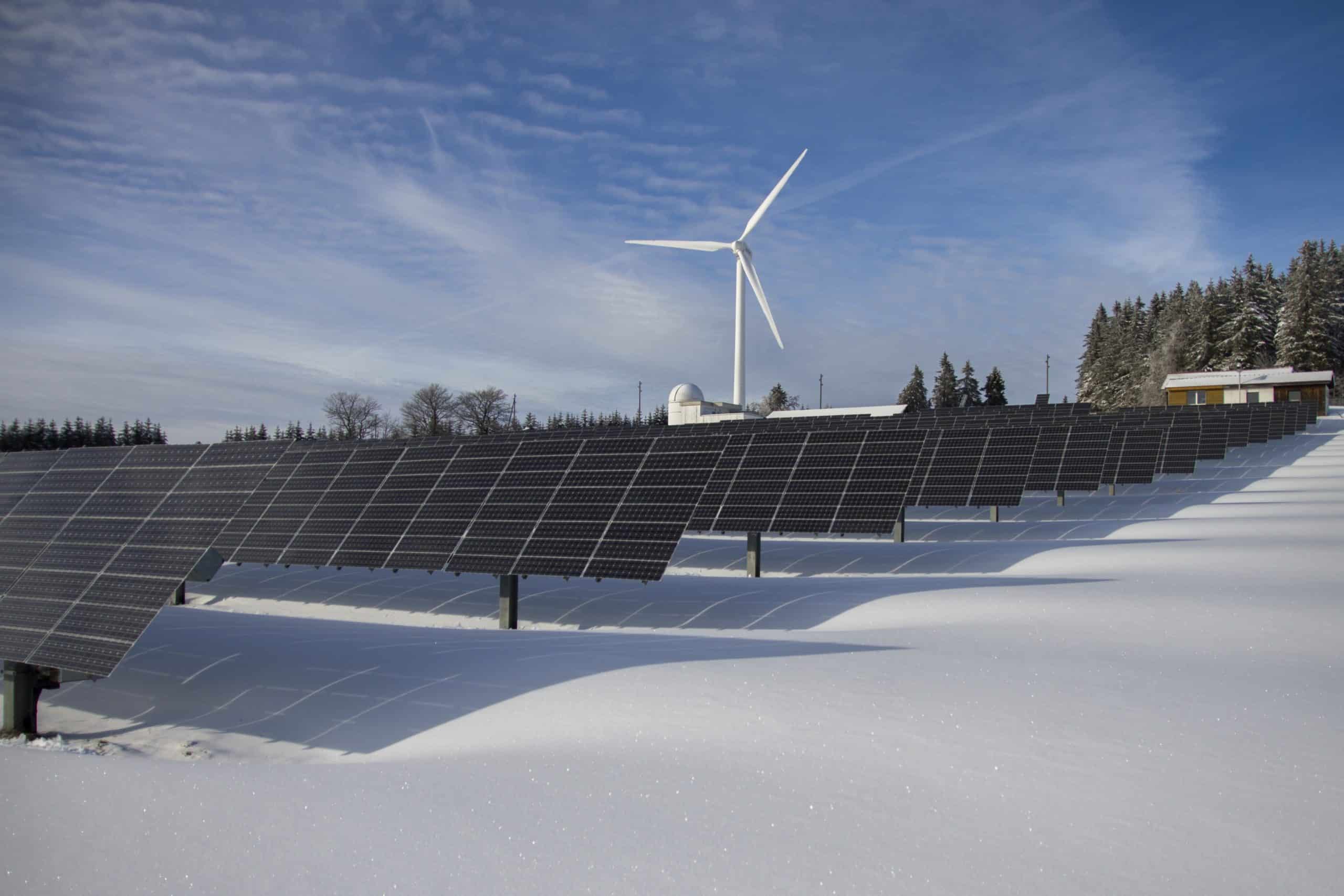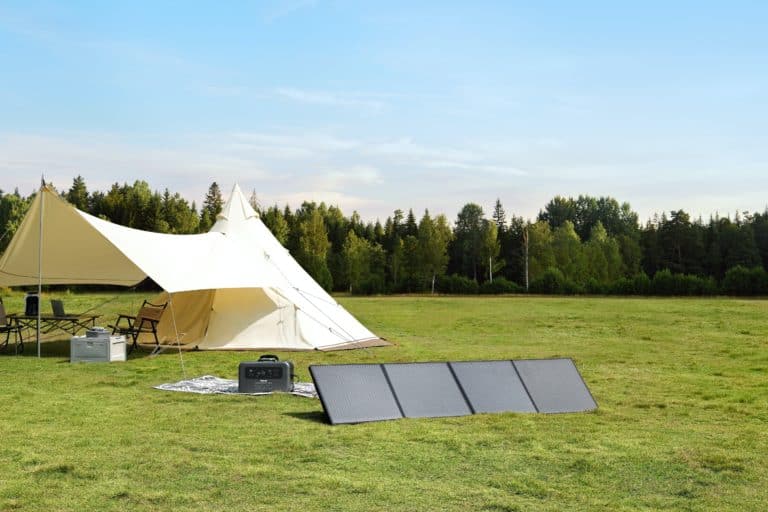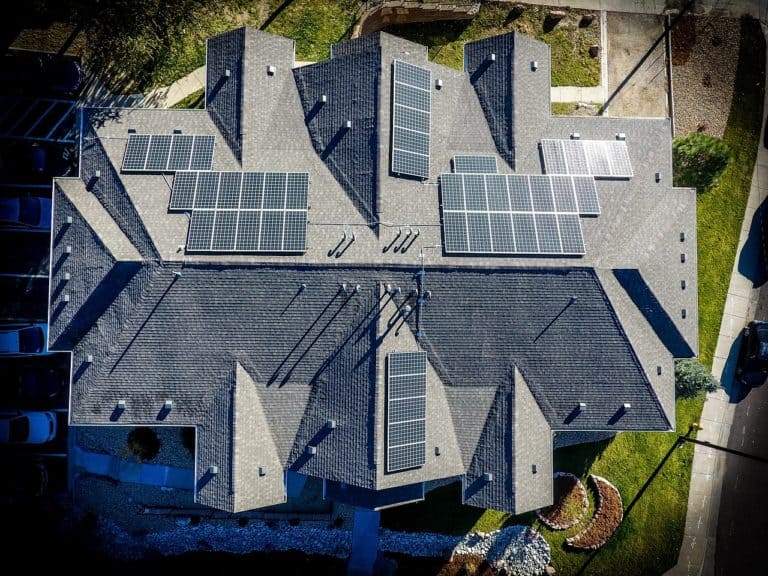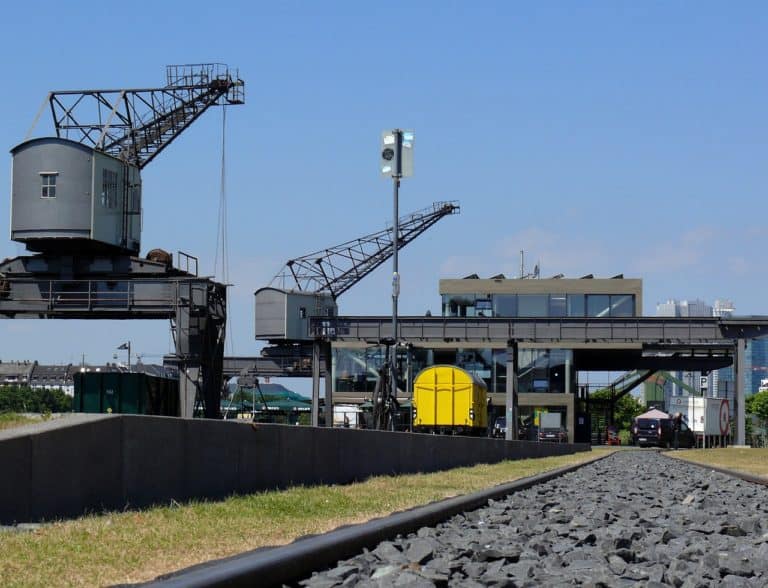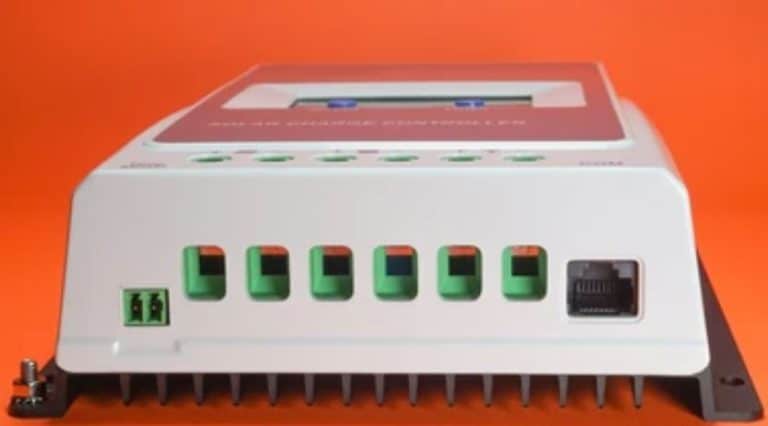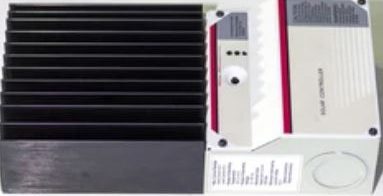Challenges of solar energy utilisation in Nigeria
According to the World Bank, Nigeria is ranked 171st out of 190 countries in terms of electricity access.
The installed capacity of Nigeria’s power grid hovers between 12,522 to 16,384 megawatts of electricity.
However, due to inadequate infrastructure, it can only provide around 4,000 megawatts on most days, as stated by the United States Agency for International Development.
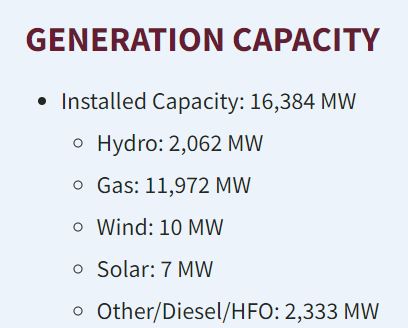
As of 2020, about 45% of Nigerians still lacked access to grid-connected electricity, as reported by the World Bank. The absence of reliable electricity costs Nigeria $26.2 billion every year.
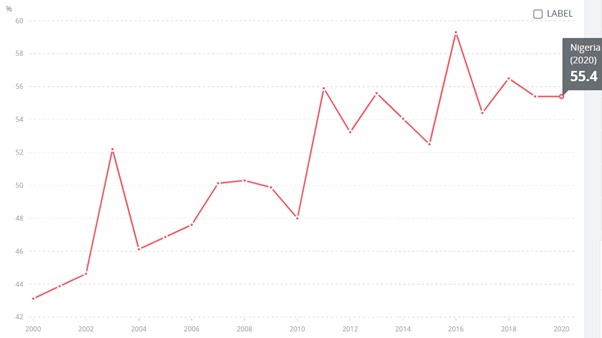
In Nigeria, the amount of sunlight received daily ranges from five to seven hours depending on the region.
According to a 2019 report by the Director-General of the Energy Commission of Nigeria, if solar technology with five percent efficiency were installed on just one percent of Nigeria’s land area, it could generate approximately 333,480 megawatts of electricity – which is more than sufficient for the country’s needs.
Experts believe that solar power in Nigeria has not been fully realised.
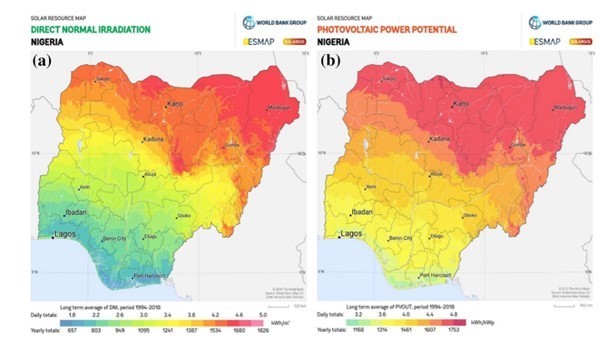
Although several solar-power initiative strides have been recently made by the government especially through the Rural Electrification Agency (REA) to enable millions especially in remote areas to have access to electricity, however, the country still faces several challenges in deriving the full potential of solar energy despite its abundance of sunshine as a natural resource.
Financial challenges
The World Bank has identified that the high prices of solar products are a significant barrier for most underprivileged households.
Most Nigerians live below the poverty line, with many residing in rural areas where access to electricity is limited. Consequently, most cannot afford a full solar energy system due to its relatively high cost.
A high-capacity solar generator can cost over $972.05 in Nigeria, which is significantly higher than the monthly minimum wage of $72.90.
Therefore, instead of relying on a single high-capacity solar generator to power an entire household, most Nigerians are likely to own individual solar-powered devices such as torchlights, fans, and refrigerators that come with their own solar plates and energy generation units rather than being connected to a central solar generator capable of powering all appliances in the house.
Technical/installation challenges
Even when Nigerians can afford solar-powered generators, there remains a significant shortage of expertise to install and maintain them.
The country lacks professionals with the necessary skills to design and set up suitable systems for residential, commercial, and industrial buildings.
In addition, there is a lack of technical knowledge in the development of energy management systems that can integrate solar energy technology with the national grid.
Many solar photovoltaic projects in Nigeria tend to fail due to inadequate maintenance.
Solar panel installations across the country are not properly cleaned, resulting in dust particles, bird droppings, and other debris accumulating on top of the panels. As a result, the system’s efficiency decreases over time.
Many solar energy technologies installed in the country tend to experience a decline in performance or become inefficient shortly after installation.
Component failure is primarily caused by using inferior technology and/or environmental and climatic factors such as dust accumulation on photovoltaic panels.
Manufacturing challenges
Nigeria has a low rating in the fabrication technology of solar energy products. Lumos, Auxano Solar, Solmont Technologies, and Sunhive are among the companies trying to set up solar photovoltaic assembly lines in the country.
However, the National Agency for Science and Engineering Infrastructure (NASENI) seems to be currently the only domestic establishment in Nigeria that manufactures solar photovoltaic systems.
Indeed, most of the solar photovoltaic systems found in the country are imported and often of substandard quality.
Policy-induced challenges
The Nigerian government does often make some policy implementation U-turns when it comes to integrating solar energy into the national supply mix.
Some of the planned solar power initiatives have either not been fully implemented or not implemented at all.
For instance, the Nigerian Renewal Energy and Energy Efficiency Policy (NREEEP) aims to contribute about 3% in 2020 and about 6% in 2030 of solar energy to the national supply mix, but it has yet to be fully implemented by the government.
Sub-policies such as a subsidy program, incentives, and other palliative mechanisms that could encourage and attract potential investors to the sector have also not been fully executed.
The power sector in the country lacks exemption duties on importation taxes. Solar technology is subject to a high import duty of approximately 21%, which is significantly higher than the 5% imposed on crude petroleum oils and bituminous minerals.
The instability of policies has led potential investors to question the government’s commitment and credibility, making private-sector investments in the country very challenging.
Challenges of insecurity
Security instability is a major worry in Nigeria, as the actions of terrorism, kidnappings, insurgency, militancy, and banditry throughout the country pose a threat to creating an environment conducive to investment.
Despite having a large potential market due to population and demand gaps, this security situation is hindering progress.
Investors need a secure region to invest in, and infrastructure investments require long-term security for return on investment.
More so, local research and development can only thrive in a stable and secure environment.
Like any other standalone system, solar energy technologies are vulnerable to theft and vandalism. Regions with high energy demand in the country are particularly susceptible due to insecurity and insurgency.
Vandals often remove or cut transmission cables or infrastructure as a form of protest against government policies or for personal gains.
This presents a significant challenge for transmitting electricity generated from solar energy infrastructure.
Vandalism has been an ongoing issue for over two decades, causing frequent breakdowns that have had negative impacts on the standard of living for Nigerians.
